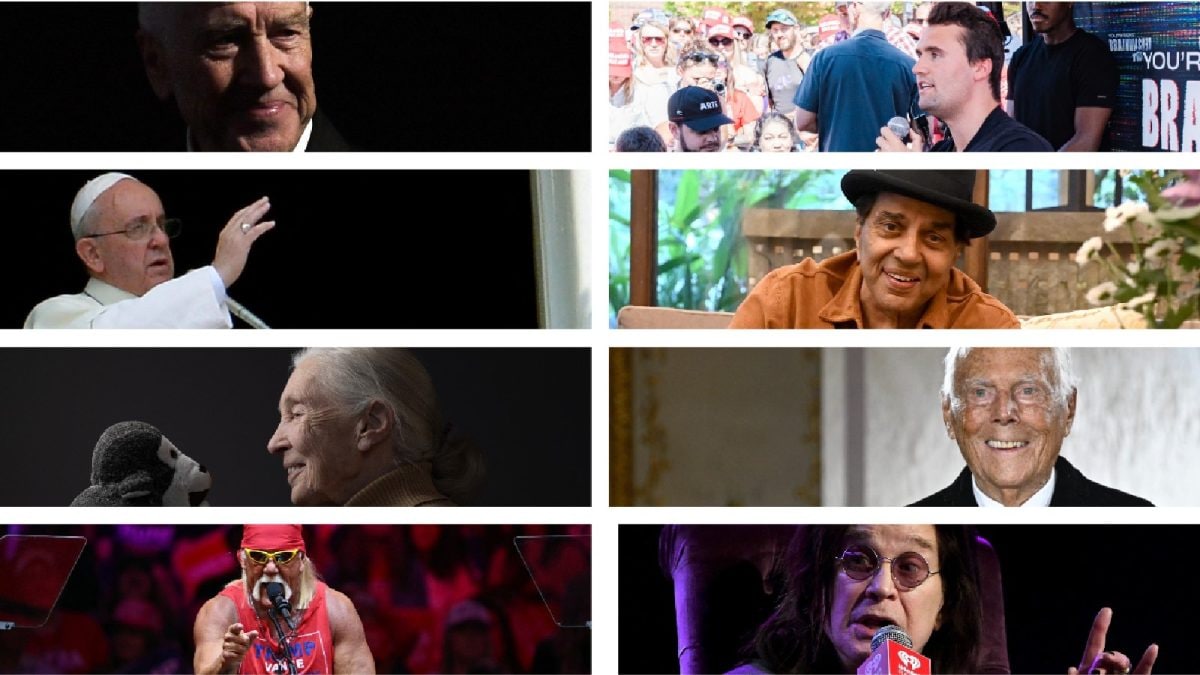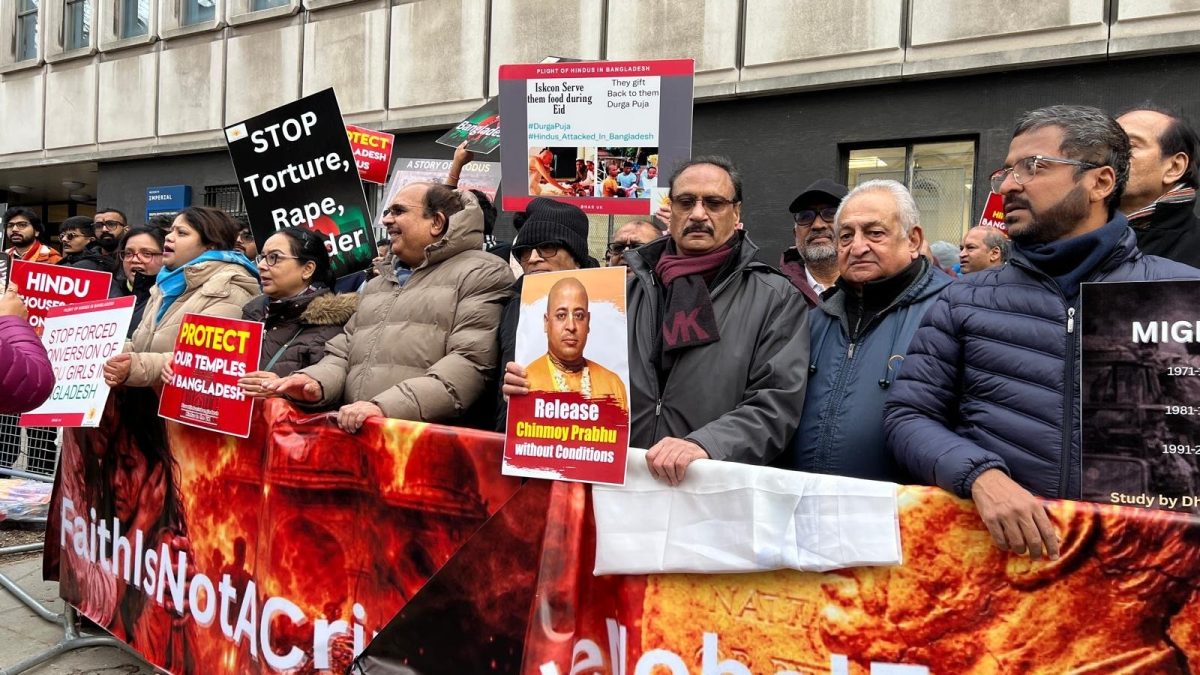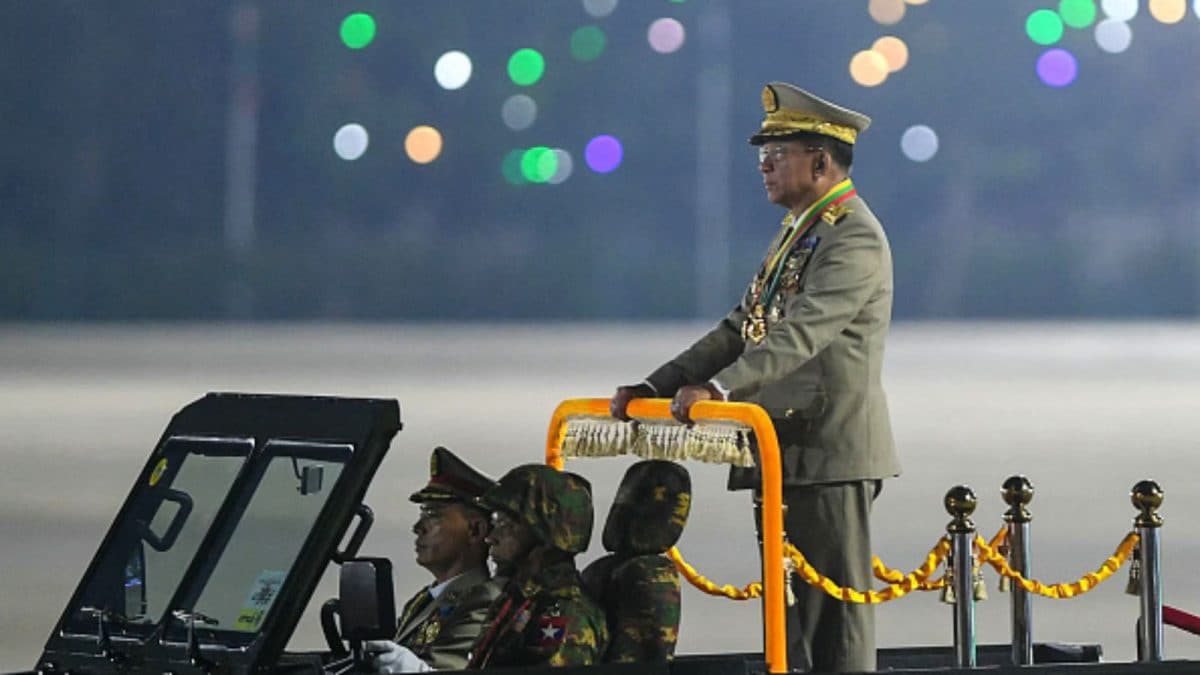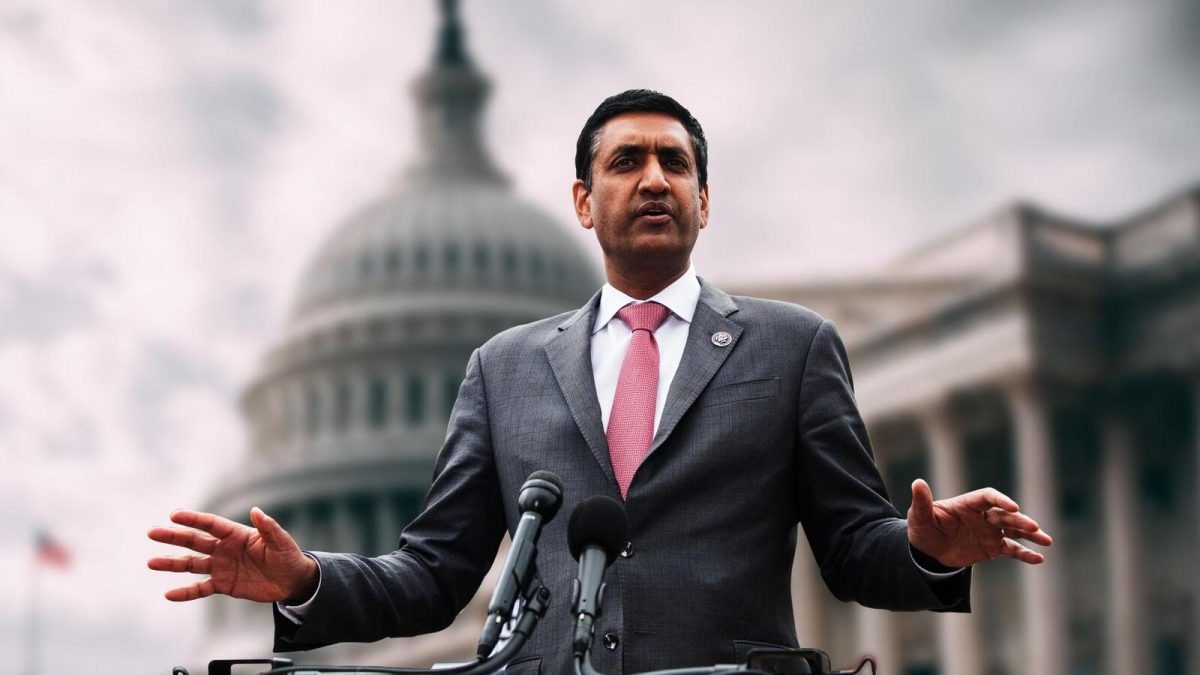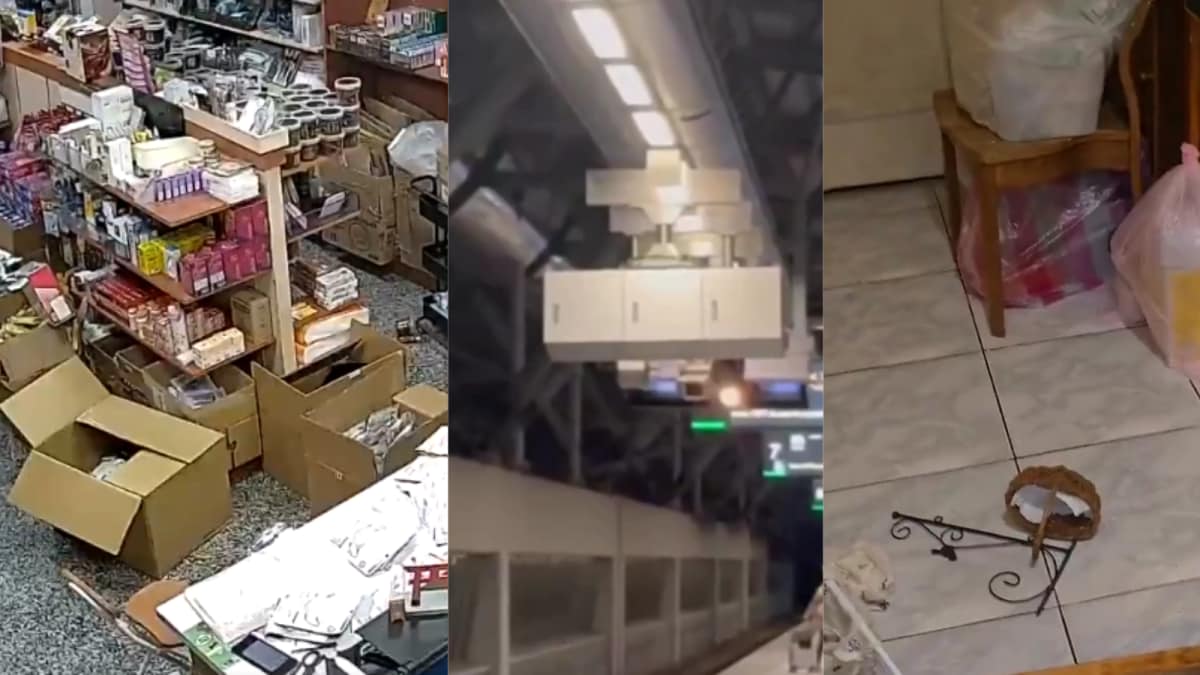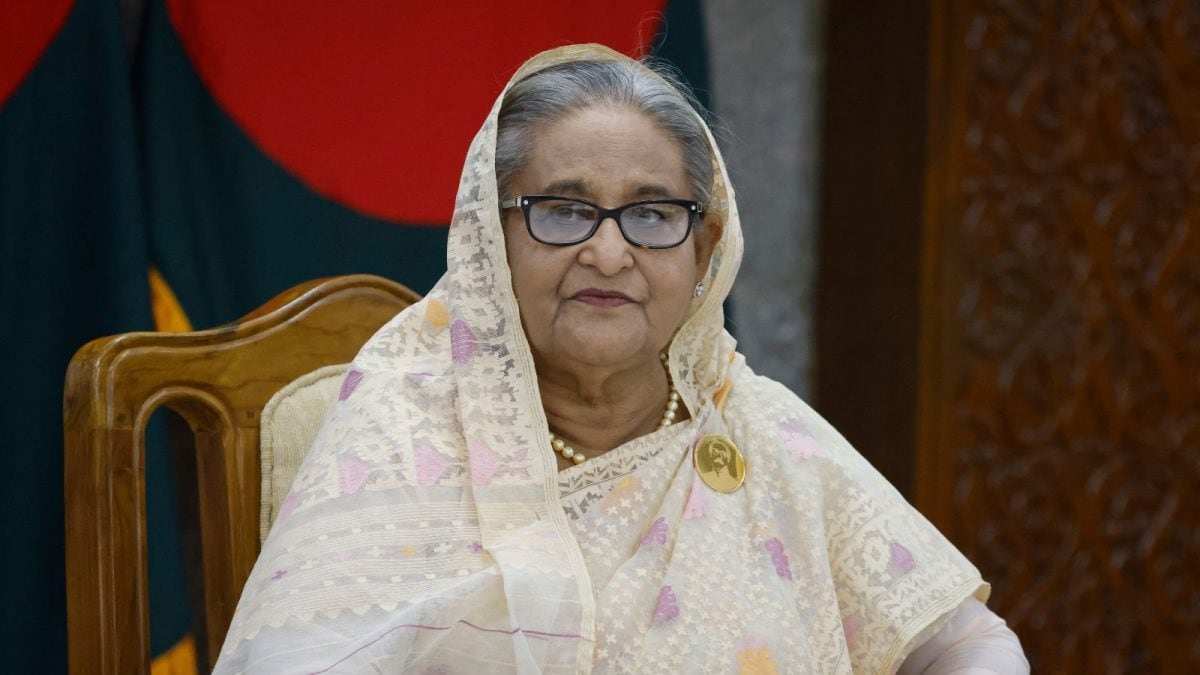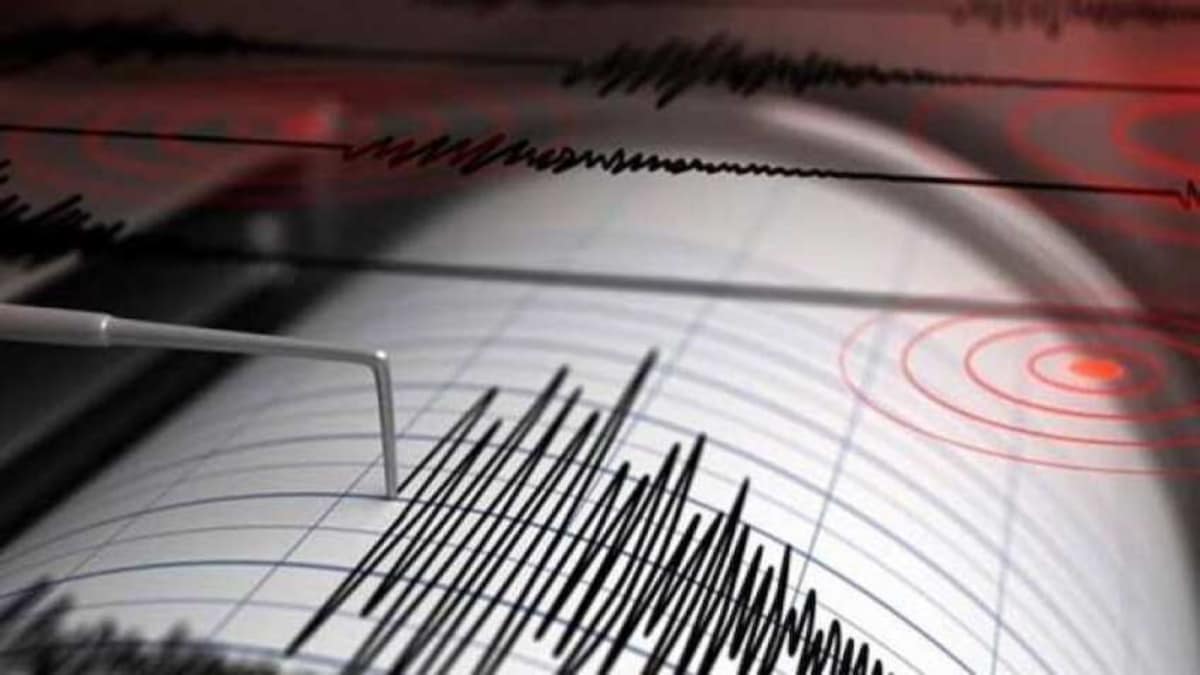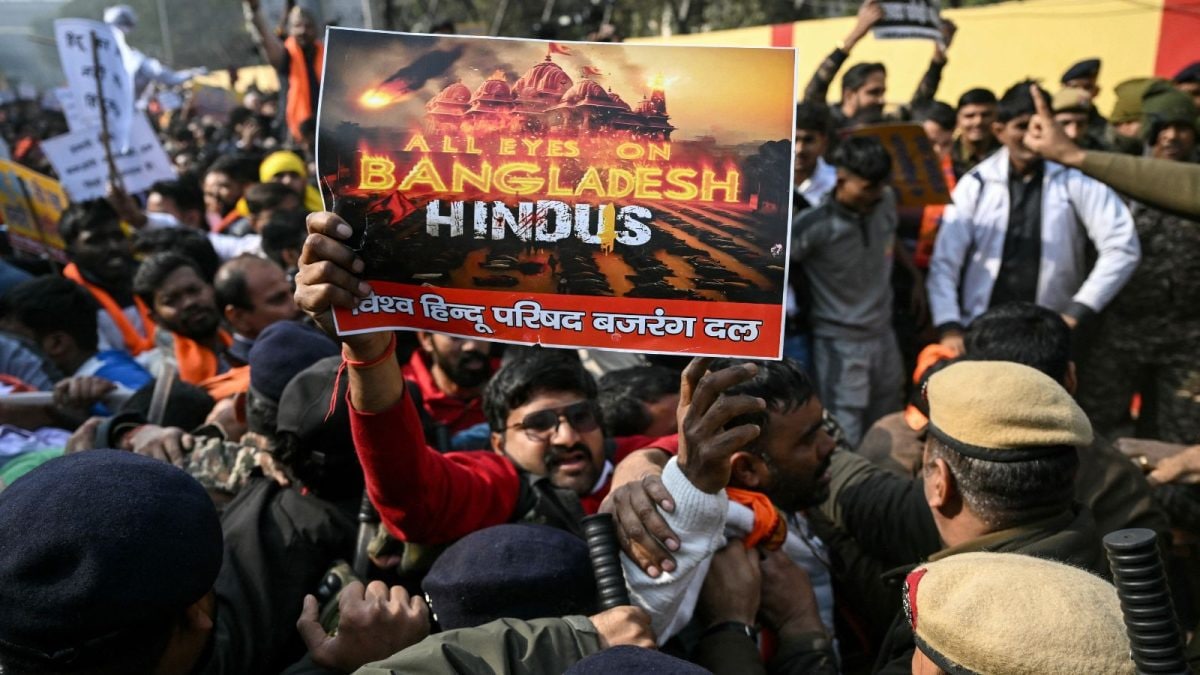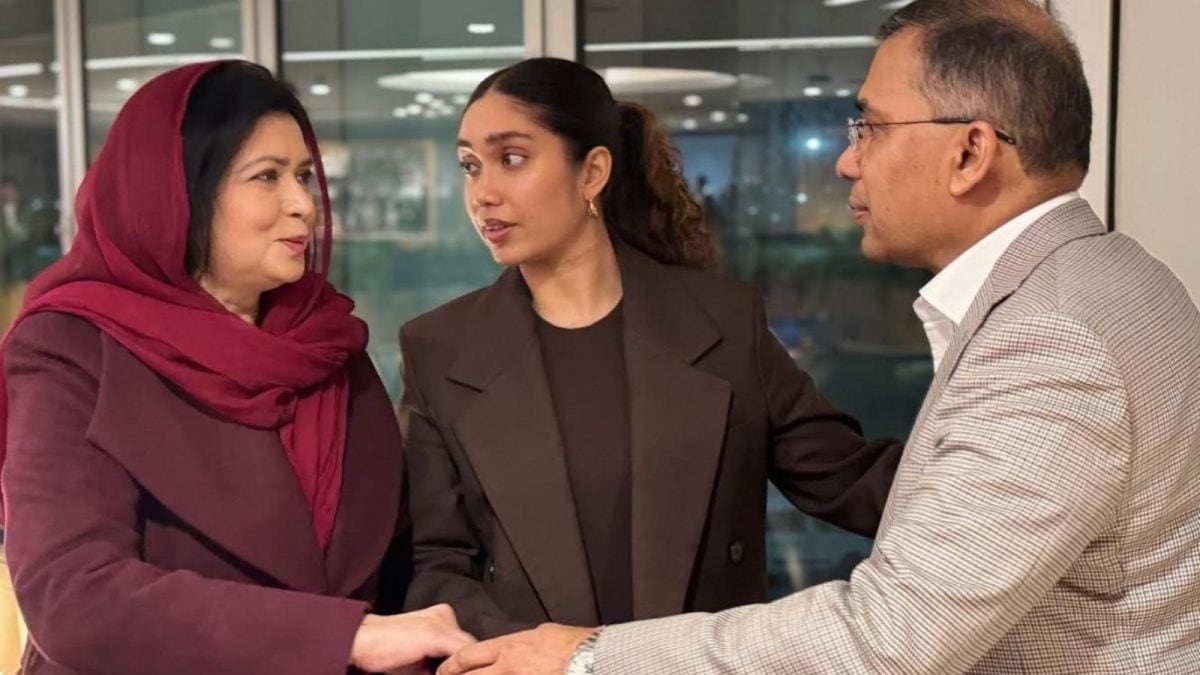Last Updated:November 20, 2025, 21:43 IST
The immediate catalyst for the current deep freeze was a controversial statement by Japanese Prime Minister Sanae Takaichi

Japan’s Prime Minister Sanae Takaichi and Chinese President Xi Jinping. (File image/Getty)
The relationship between China and Japan has plummeted to one of its lowest points in years, with a major diplomatic row rapidly escalating beyond political rhetoric to impact trade, tourism, and cultural exchange. The immediate catalyst for the current deep freeze was a controversial statement by Japanese Prime Minister Sanae Takaichi, who suggested in Parliament that a potential Chinese military action against Taiwan could constitute a “threat to Japan’s survival", indicating Tokyo might intervene under its security laws. Beijing condemned the remarks as fundamental damage to the political foundation of bilateral ties and a grave interference in its internal affairs concerning Taiwan.
In response, China swiftly employed a series of targeted retaliatory measures. The most immediate and significant was the reimposition of a complete ban on Japanese seafood imports, a move that immediately damaged Japan’s valuable fishing industry. While China officially cited the need for enhanced monitoring of the treated radioactive water being released from the Fukushima Daiichi nuclear plant—a contentious issue since its discharge began in August 2023—the timing of the renewed ban was widely viewed as an act of economic coercion directly linked to the Taiwan dispute. This move reversed a partial thaw in trade that had begun just weeks prior, where the first shipment of Japanese seafood was resuming after months of restrictions.
The row quickly migrated into the cultural sphere, severely affecting people-to-people exchanges. Chinese film distributors suspended the screenings of several upcoming Japanese films, including popular animated features such as Crayon Shin-chan the Movie: Super Hot! and Cells at Work! State broadcaster CCTV reported that this decision was a “prudent decision" made by the industry to reflect “souring domestic audience sentiment" following Takaichi’s provocative remarks. Even successful films already in theatres saw their box office performance decline sharply, underscoring how swiftly political tensions can translate into a cultural boycott.
Further escalating the crisis, China issued a travel advisory urging its citizens to halt travel to Japan, leading to the cancellation of hundreds of thousands of flight bookings and warnings from the education ministry for students to reconsider study plans. Japan retaliated with its own travel advisory for its citizens in China, urging vigilance and caution. Simultaneously, the underlying territorial dispute over the Senkaku Islands (known as Diaoyu in China) flared up, with Chinese Coast Guard vessels entering the waters, adding military pressure to the economic and diplomatic fallout. Despite high-level talks between senior foreign ministry officials, Beijing has maintained its hard line, demanding a retraction of the Prime Minister’s remarks and indicating that the path to stability remains challenging.

Pathikrit Sen Gupta is a Senior Associate Editor with News18.com and likes to cut a long story short. He writes sporadically on Politics, Sports, Global Affairs, Space, Entertainment, And Food. He trawls X via ...Read More
Pathikrit Sen Gupta is a Senior Associate Editor with News18.com and likes to cut a long story short. He writes sporadically on Politics, Sports, Global Affairs, Space, Entertainment, And Food. He trawls X via ...
Read More
First Published:
November 20, 2025, 21:43 IST
News world Culture Caught In Crossfire: Sushi, Students And Screens Hit By China-Japan Diplomatic Downturn
Disclaimer: Comments reflect users’ views, not News18’s. Please keep discussions respectful and constructive. Abusive, defamatory, or illegal comments will be removed. News18 may disable any comment at its discretion. By posting, you agree to our Terms of Use and Privacy Policy.
Read More

 1 month ago
1 month ago

